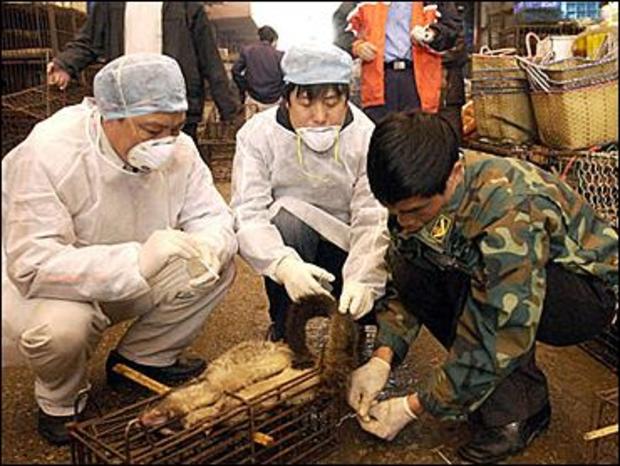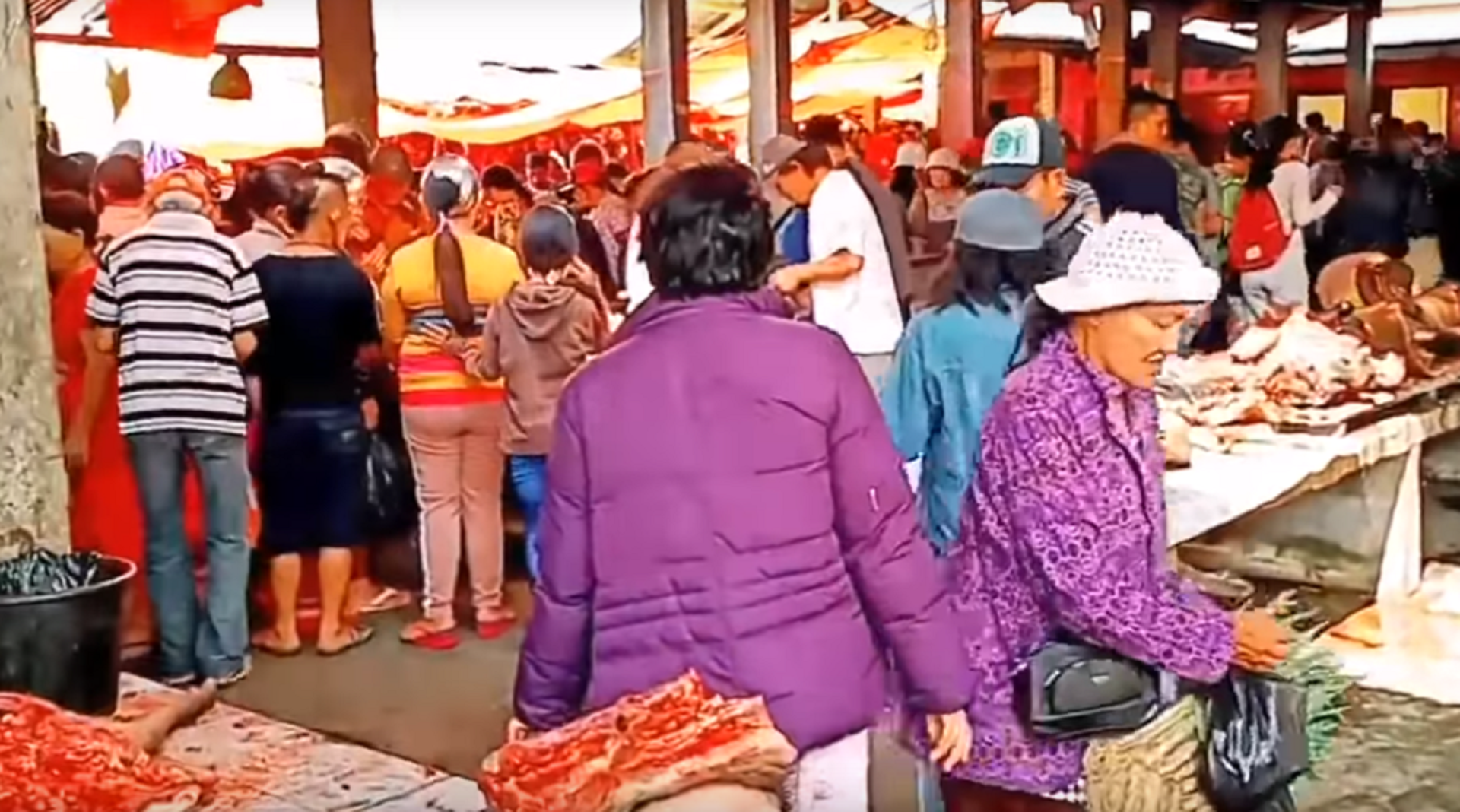Beijing — The city at the center of the coronavirus crisis has banned the eating of wild animals and Chinese farmers are being offered cash to quit breeding exotic animals. Both moves come amid mounting pressure for China to crack down on the illegal wildlife trade blamed by many for the pandemic that has killed more than 320,000 people.
The local administration in Wuhan, the city of about 11 million people in China’s central Hubei province where cases of the new coronavirus were first recorded late last year, announced Wednesday that the eating of all wild animals was officially banned.
The city also banned virtually all hunting of wild animals within its limits, declaring Wuhan “a wildlife sanctuary,” with the exception of government sanctioned hunting for “scientific research, population regulation, monitoring of epidemic diseases and other special circumstances.”

Wuhan also imposed strict new controls on the breeding of all wild animals, making it clear that none could be reared as food. City officials said the local administration would take part in the wider national scheme to buy wild animal breeders out.
The national plan is the first time Chinese authorities have pledged to buy out breeders in an attempt to curb exotic animal breeding, animal rights activists say.
China had already banned the sale of wild animals for food as the coronavirus spread around the world, citing the risk of diseases spreading to humans, but the trade remains legal for other purposes — including research and traditional medicine.
The coronavirus that causes COVID-19 is widely believed to have passed from bats to people, possibly via another species, before spreading worldwide.
Two central provinces have already outlined details of a buyout program to help farmers switch to alternative livelihoods.
Hunan on Friday set out a compensation scheme to persuade breeders to rear other livestock or produce tea and herbal medicines.
Authorities will evaluate farms and inventories and offer a one-off payment of 120 yuan ($16) per kilogram of rat snake, king ratsnake and cobra, while a kilogram of bamboo rat will fetch 75 yuan.
A civet cat — the animal believed to have carried Severe Acute Respiratory Syndrome (SARS) to humans in another coronavirus outbreak nearly two decades ago — would fetch 600 yuan.
Neighbouring Jiangxi province has also released plans to help farmers dispose of animals, as well as financial aid.
The state-run Jiangxi Daily newspaper reported last week that the province has more than 2,300 licensed breeders, mostly rearing wild animals for food.
Their stock is worth about 1.6 billion yuan ($225 million), the report said.
Both Jiangxi and Hunan border Hubei, the province where the coronavirus first emerged in December.
Animal rights group Humane Society International (HSI) said Hunan and Jiangxi are “major wildlife breeding provinces”, with Jiangxi seeing a rapid expansion of the trade over the last decade.
Revenues from breeding reached 10 billion yuan in 2018, it said.
HSI China policy specialist Peter Li told AFP that similar plans should be rolled out across the country.
But he cautioned that Hunan’s proposals leave room for farmers to continue breeding exotic creatures as long as the animals are not sent to food markets.
The province’s plan also does not include many wild animals bred for fur, traditional Chinese medicine or entertainment.
Although Beijing implemented measures to ban the trade and consumption of wild animals after the SARS outbreak, these failed to bring the trade to a halt.
Li said Chinese authorities are nevertheless now moving in the right direction.
“In the past 20 years, a lot of people have been telling the Chinese government to buy out certain wildlife breeding operations – for example bear farming,” he said.
“This is the first time that the Chinese government actually decided to do it, which opens a precedent… (for when) other production needs to be phased out.”
cbsnews.com/balkantimes.press
Napomena o autorskim pravima: Dozvoljeno preuzimanje sadržaja isključivo uz navođenje linka prema stranici našeg portala sa koje je sadržaj preuzet. Stavovi izraženi u ovom tekstu autorovi su i ne odražavaju nužno uredničku politiku The Balkantimes Press.
Copyright Notice: It is allowed to download the content only by providing a link to the page of our portal from which the content was downloaded. The views expressed in this text are those of the authors and do not necessarily reflect the editorial policies of The Balkantimes Press.

